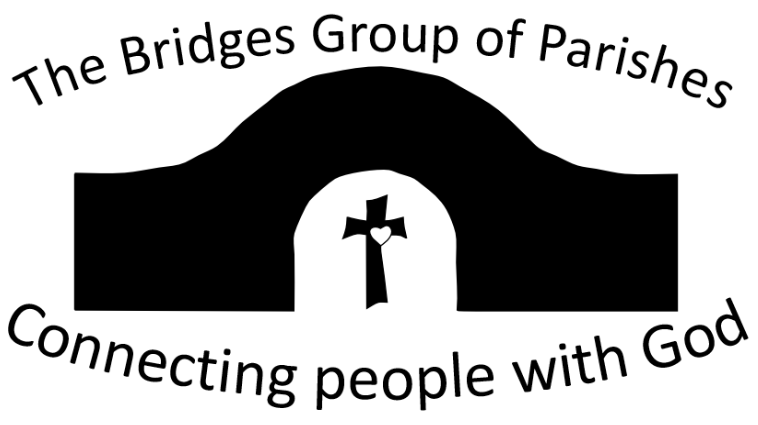The gamekeepers must not become the poachers
The gamekeepers must not become the poachers The Church of England is or should be seen by the general public as being the Guardian of our Nation’s Moral Standards. Our Queen as Head of the Church of England has, above all throughout her long reign, striven bravely and successfully to maintain the highest standards, although, it is fair to say, some members of her family have failed to follow her nearly perfect example. It is also true that the duties pertaining to this custodianship have not always been absolutely faithfully assumed and performed by all the officers of the Church, who are there to serve God and the Queen. The Clergy are a collection of human beings willing to devote themselves to God & Jesus Christ’s church and thereby imposing upon themselves a stricter code of discipline than laymen in the way they are expected to behave. In reality our Clergy are no different from the rest of humanity except for being bound by certain quite stringent vows. Thus, Society rightly will always judge its Clergy and other Church officers by their actions and by whether they “practice what they preach”. Misdemeanours of any members of the church at any level place ever more obstacles in the path of those, who at the grass roots level, are trying to maintain or increase church membership and “make new disciples”, but we have no choice but to soldier on and accept the fact that human beings are what they are and that all of us have our failings – some of which harm ourselves whilst others inflict harm on our fellow beings. We must pray for those whose task is to clear out any remaining “Augean Stables” within the C of E and hope that -unlike Hercules – they do not have to divert the courses of a couple of rivers to do so. The concept of “home” A recent press article by Nick Timothy struck a chord with me in relation to some of the obstacles that we face in trying to recapture the former spirit and pride of place that once existed in most of the small rural parishes where we live. For many of us it’s somewhat bizarre and disappointing to learn that one of the supposed instinctive aspirations of humanity which is to find and settle down in a place they call “home”, may have lost its appeal in many sectors of society – particularly among 21st Century Liberals. The “Englishman in his castle with his usual bloody cold” is on his way out along with the idea of people being closely tied to a particular country, city, county, town, estate, village, hamlet or even (in our case) a manorial settlement. Indeed, it is suggested actually that Britain’s desire for independence as was expressed in the Brexit Referendum is perhaps the last throw of the dice of those who really subscribe to the basic concept of a “home”. Members of older generations have recently become puzzled by the fact 21st century families now arrive in rural villages, but tend to separate themselves entirely from their fellow villagers. At one time, as the Philosopher Edmund Burke said: “to be attached to this subdivision and to love the little platoon we belong to in society is the first principle of public affection. It is the first link in the series by which we proceed towards a love of our country and of mankind.” Many so-called Liberals do not these days subscribe to this view. Rather they are inclined to treat the country in which they live as though it were a landing platform or just a random piece of land on which anybody from anywhere in the world can settle and perform economic tasks for their own benefit. Modern Liberals tend to treat relationships as though all we care about is being left alone & free to stare at our computer screens and free from the interference of others and from any obligations of community, tradition and nation. They tend to think that other people share their views and this is why they have no particular affection for any place or for its culture except when it relates to the possibility of a putative future universal harmonised civilisation. This latter concept is really a bit of a smokescreen emanating from an excessive reliance on information technology and social media since we surely need to have things in order closer to home before tackling the global issues. Overcoming the barrier of this kind of thinking is hard, but In the end we just perhaps have to hope that if there are people in our rural communities with such outlooks, either they may eventually realise the value of living in a community where people cherish tradition and respect their basic obligation to contribute to the society and to its institutions , such as the Church, in the place where they live. If they fail to do so, there will be more suspicion and less trust, more selfishness and less generosity, more social struggle and less solidarity. This recent approach to living is quite alien to older people but staying in an IT bubble ox is no way to enjoy rural living.
